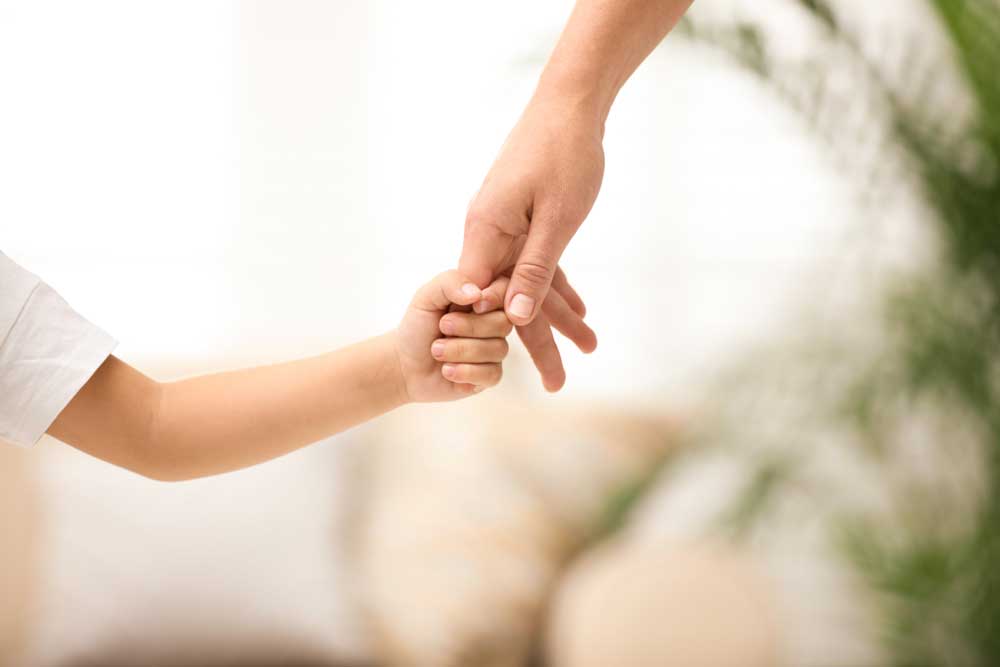Actor Lea Michele said, ‘A lighthouse doesn't save the ships; it doesn't go out and rescue them, it's just this pillar that helps to guide people home.’
When you parent effectively, you ensure that your child is independent and can survive without you. Yet, most parents are still genetically wired to feel protective—instinctively safeguarding their children and making life easier for them. But perhaps the era of the helicopter parent, who constantly hovered around her kids, is perhaps passe now. Instead, there is a new kind of parenting trend that’s gaining momentum and focus—Lighthouse Parenting.
What is a lighthouse? A steady and constant source of light, unmoving and reliable, which prevents ships from crashing into rocks. And yet, it allows sailors to navigate within those boundaries. That’s exactly what a lighthouse parent does. They stifle their instinct to swoop in and make everything right in the world. Instead, they are a guide, gently giving children the room to make their own mistakes. ‘Obviously, when your children are infants or toddlers, you have to offer a bit of extra care, looking into what they eat and ensuring safety,’ says Dr Manjula MK, psychiatrist. ‘However, as they grow up, they learn to start letting go little by little and allowing themselves to make age-appropriate decisions. This shift has to come from within, and gradually as your child grows older. It sends a message to the child – that you have confidence in them, and their sense of responsibility. One has to be more careful with adolescents, wherein transgressions can have other consequences. Lighthouse parents are clear on value systems and the goal, so they’re not indifferent or uninvolved. However, they balance this authority with autonomy.’

A Lighthouse Parent always checks in with their children, and also ensures that kids eventually dock into the port as well! There is guidance and a firm value system, but along with it the freedom to navigate and chart their own course. Children may occasionally take the wrong route, but as long as the lighthouse is in sight, they’re unlikely to get seriously lost or injured. This is where the balanced approach comes into play. There is the probability that children will feel frustrated because they have to figure out problem-solving on their own, but this only makes them more determined and capable enough to cross hurdles and obstacles later in life. There is also room and scope for failure since children are likely to make incorrect decisions and have to remedy those decisions on their own. But this only makes them more resilient to failures later on, and able to work around them. Says Dr Manjula, ‘A Lighthouse parent eventually results in a child who is independent, able to solve problems, and also has high self-esteem. They’re also likely to build a healthy relationship with their parents since they don’t feel stifled or resentful. That doesn’t mean you shouldn’t set boundaries and rules. You definitely should, but it’s up to your child to decide how they work within those boundaries.’
After extensive research, the term ‘Lighthouse parenting’ was coined by Dr Ken Ginsburg, Founding Director of CPTC and professor of pediatrics at Children's Hospital of Philadelphia. In 2015, he published his findings and theories in a book – ‘Raising Kids to Thrive: Balancing Love With Expectations and Protection With Trust’.
‘Lighthouse parenting ensures that you’re able to demonstrate trust in your child, first and foremost,’ says child counsellor Dr Cassandra Thomas, ‘So when your children come to you for help, they know you’ll take them seriously and offer advice, without being overbearing. In the end, you’re also likely to trust their judgement and go with their decision. It means providing guidance, without insisting on a specific course of action – unless of course, it’s a crisis that they’re unable to handle. Then you definitely have to step in – and this is common sense. They know they can rely on you, and that reliance doesn’t come with strings attached.’ She adds, ‘However it isn’t easy being a Lighthouse parent. Standing back and watching your child struggle, or do something foolish, isn’t always easy. It means that you’ll have to stop worrying about the outcome and focus on the learning curve and growth opportunity for your child. Also, every child is different and emotional challenges, mental health problems or developmental issues may require a greater level of parenting intervention that Lighthouse parenting advocates. So you’ll have to look at your child’s individual personality and needs before you adopt this approach.’
Along the way, Lighthouse parenting gives you the scope to evolve as a human being and a parent as well. You’ll be surprised with what your child can accomplish on their own, and how your own appetite for risk has changed. So embrace the experience wholeheartedly, and create a whole new learning for you and your children!